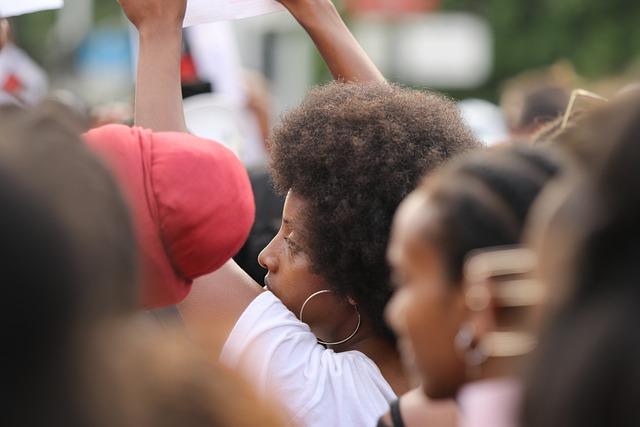The Role of Political Protests in Pakistan’s Democracy
Political protests have been a defining feature of Pakistan’s democratic landscape. They serve as a crucial mechanism for expressing dissent, promoting political engagement, and, ultimately, influencing policy decisions. This article delves into the significant role that political protests play in Pakistan’s democracy, exploring their historical context, impact on society, and notable examples.
Understanding Political Protests in Pakistan
Political protests in Pakistan often arise from various social, economic, and political grievances. They can range from peaceful demonstrations advocating for socio-economic rights to large-scale agitations demanding regime changes. Protests are typically fueled by:
- Corruption and lack of accountability
- Injustice and human rights abuses
- Poverty and unemployment issues
- Political repression and censorship
The Historical Context
The history of political protests in Pakistan dates back to its creation in 1947. Over the decades, different movements have emerged in response to authoritarian rule, military coups, and flawed political systems. Some pivotal moments include:
| Year | Event | Significance |
|---|---|---|
| 1968 | Mass Uprising Against Ayub Khan | Signaled the beginning of student-led movements in Pakistan. |
| 1983 | Movement for Restoration of Democracy | Critique of General Zia-ul-Haq’s regime; pivotal for democratic discourse. |
| 2014 | Pakistan Awami Tehreek Protest | Showcased the rise of new political parties and alternative political narratives. |
The Impact of Protests on Democracy
Political protests have significant implications for democracy in Pakistan:
Promoting Civic Engagement
Protests mobilize citizens, encouraging them to take an active role in politics. This engagement fosters a more informed electorate that demands accountability from its leaders.
Influencing Policy Change
Large-scale protests often compel governments to rethink policies or introduce reforms. For instance, the lawyers’ movement in 2007 played a critical role in reinstating Chief Justice Iftikhar Muhammad Chaudhry, pushing forward the narrative of judicial independence.
Raising Awareness about Social Issues
Protests shine a light on pressing social issues, such as gender inequality, minority rights, and environmental challenges. Movements like the Women’s March and the Pashtun Tahafuz Movement have amplified voices that might otherwise go unheard.
Benefits of Political Protests
Political protests can lead to several positive outcomes:
- Accountability: By raising awareness, protests can hold leaders accountable for their actions.
- Social Cohesion: Collective action helps build solidarity among diverse groups.
- Innovative Solutions: The pressure from protests can lead to innovative policymaking to address societal issues.
Case Studies: Notable Protests in Pakistan
The Lawyers’ Movement (2007-2009)
One of the most significant movements in Pakistan’s recent history was the lawyers’ movement, which united legal professionals, civil society, and the general public in a struggle against the military’s interference in judicial affairs. It eventually led to the reinstatement of the Chief Justice and became a landmark for judicial independence.
The Pashtun Tahafuz Movement (2018)
The PTM emerged as a response to the injustices faced by the Pashtun community, advocating for human rights and justice. It aimed to raise awareness about military operations and the associated human rights violations, effectively bringing these issues to national and international attention.
Conclusion
The role of political protests in Pakistan’s democracy cannot be overstated. They act as powerful catalysts for social change and political accountability. As citizens continue to advocate for their rights and demand transparency from their leaders, the commitment to democracy in Pakistan grows stronger. Understanding and supporting these movements is crucial for building a more just and equitable society in Pakistan.



